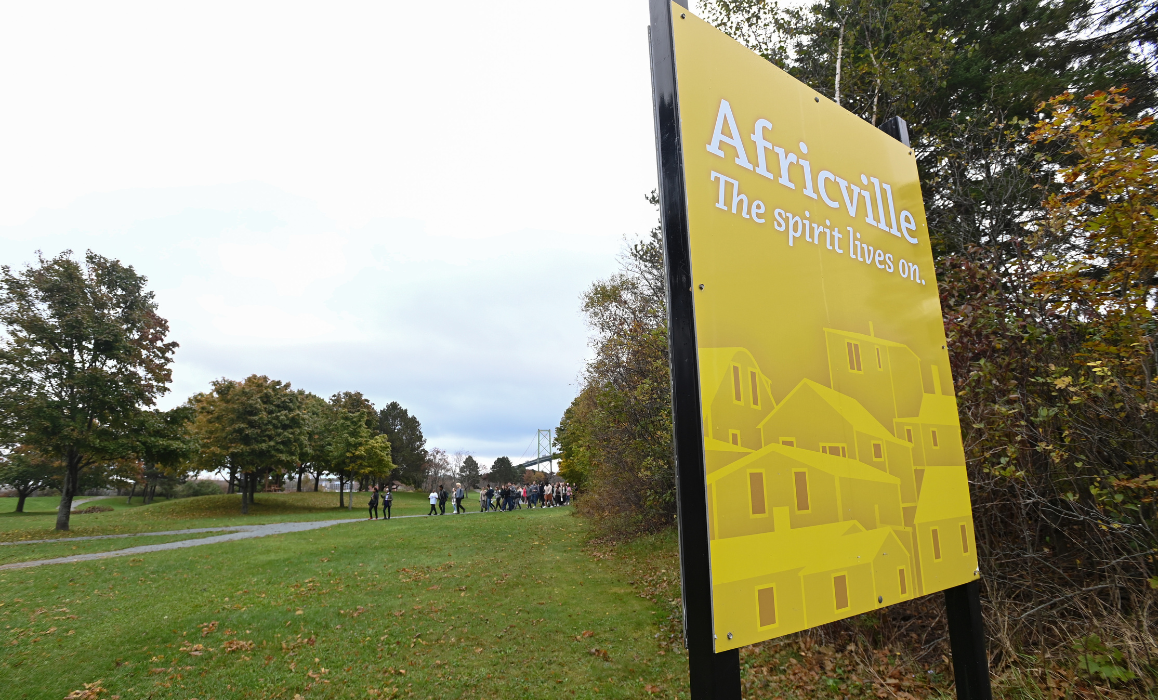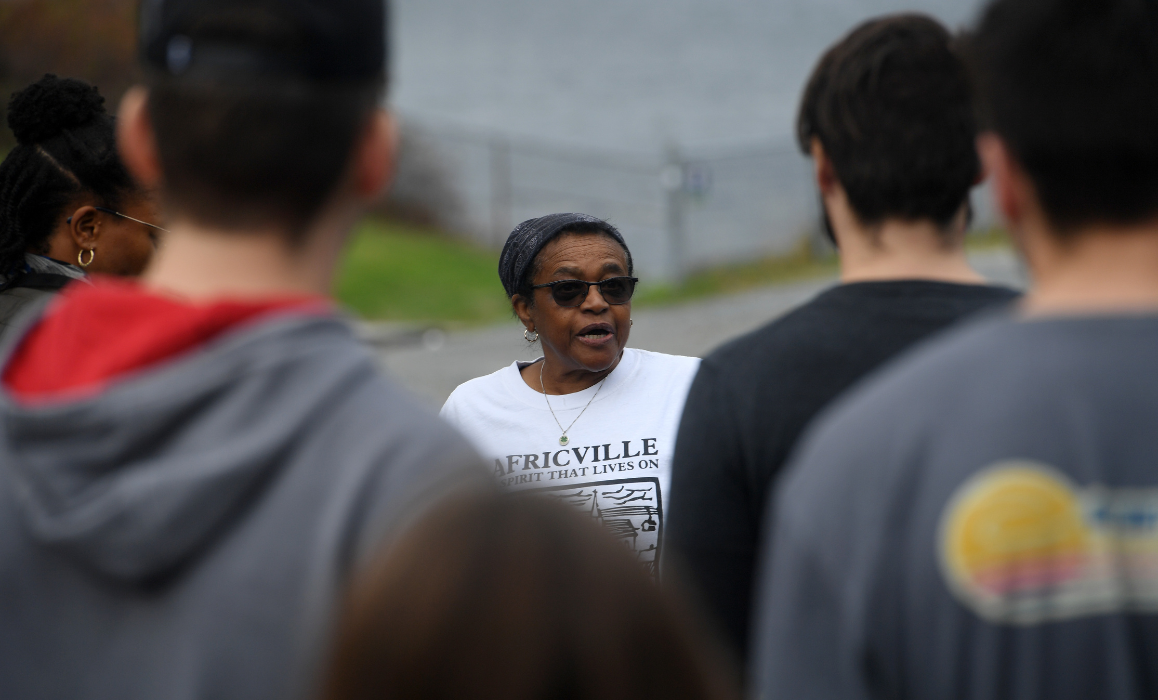Dalhousie's Schulich School of Law has launched its first mandatory course on African Nova Scotian Legal History & Issues and Critical Race Theory (ANS/CRT) that all first-year law students will take.
Learning objective for the intensive course, offered over three days in October and two days in February, include understanding:
- the lawās role in creating and redressing anti-Black racism and other forms of discrimination;
- how critical race theory and practice can help dismantle racial inequity;Ā
- how African Nova Scotians are a legally distinct people; andĀ
- how to be culturally competent lawyers within the context of lawyersā professional obligations.
Michelle Williams, an assistant professor in the Schulich School of Law and the inaugural chair of the law schoolās Equity, Diversity and Inclusion (EDI) committee (whose job it is to implement a 2020 faculty āBlack Lives Matterā motion), explained that the course is part of developing a more inclusive curriculum and addressing systemic anti-Black racism in the law and legal education.
āIt is imperative that law students and lawyers understand the legal history, contributions, and current issues facing African Nova Scotians as a distinct people, as well as how slavery, segregation and human rights cases have shaped Canadaās human rights framework and related case law,ā she said, adding that āAfrican Nova Scotian lessons yield wisdom for Canada.ā
Prof. Williams, who is also lead for the Dalhousie African Nova Scotian Strategy, is joined in the work by her colleagues Maria Dugas and Melisa Marsman as well asĀ Kelsey Jones, director of the law school's Indigenous Blacks & Miākmaq (IB&M) Initiative.
Dugas, an assistant professor in the law school, opened the course with a lecture on Critical Race Theory.
"The law reflects and recreates racialized hierarchies in this country ā from colonization and slavery to the present day,ā she explained as part of the course. "A contextual and historical analysis of the law is necessary not only to understand its racial implications, but also to advocate for positive change.ā
 Africville sign.
Africville sign.
Building cultural competence
Students went on to learn about the role that a legal education and the legal profession have played in both furthering and redressing anti-Black racism and how lawyers can become more culturally competent. The more than 240 Schulich School of Law graduates connected to the IB&M Initiative have championed racial equity in the legal profession and beyond. Alumni including Ryan Brothers, Jessica Upshaw, Angela Simmonds, Alex McKillop, Lauren Grant and Shanisha Grant ā and IB&M supporter Judge Jean Whalen ā were among the guest speakers.
The second day of the course examined African Nova Scotian land title issues through the lens of interest convergence.Ā
āThe land-related issues confronting African Nova Scotian communities are varied, complex, and deeply rooted in centuries of anti-Black racism," explained Marsman, who is the law school's current Purdy Crawford Fellow. "Studying these legal issues through a critical race and interest convergence lens ā combined with expertise from community members and practitioners involved in this work ā prepare law students with the knowledge and the skills to practice law more competently.ā
Students also considered how the type of ālegalā segregation in the cases of the late Dr. Carrie Best and Viola Desmond echo in the form of consumer racial profiling today, and explored strategies for addressing anti-Black racism in law.
 Ms. Beatrice Wilkins, a former resident of Africville.
Ms. Beatrice Wilkins, a former resident of Africville.
'Surreal and empowering'
The final session of the fall portion of the course involved an immersive education trip to the Africville site and museum and the Black Cultural Centre designed to illustrate the development of African Nova Scotians as a distinct people tied to a land-based identity, and the rich history, contributions, and resistance to structural, systemic and individual anti-Black racism.
Bus tour guides were Jalana Lewis, Dalhousieās director of African Nova Scotian community engagement and Dr. Barb Hamilton-Hinch, Dal's assistant viceāprovost equity and inclusionĀ and member of Dalhousieās African Nova Scotian Strategy advisory council. While at the Africville site, the students learned from former Africville residents Elders Bernice Arsenault and Beatrice Wilkins and museum curator, Carme Robertson.
āWritten words cannot fully capture the impact that this course had on me,ā shared Lorenz Cromwell, a student. āAs an African Nova Scotian male, I have never had the opportunity to formally learn about my heritage at any point in my academic career. Having my voice, my ancestry, and my experiences be represented in a space as influential as a law school, was not only surreal, but empowering. This experience has given me an understanding of where I come from and a vision of how far I can go.ā

